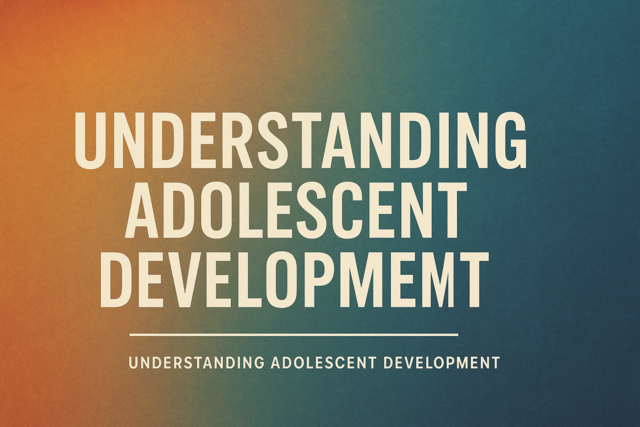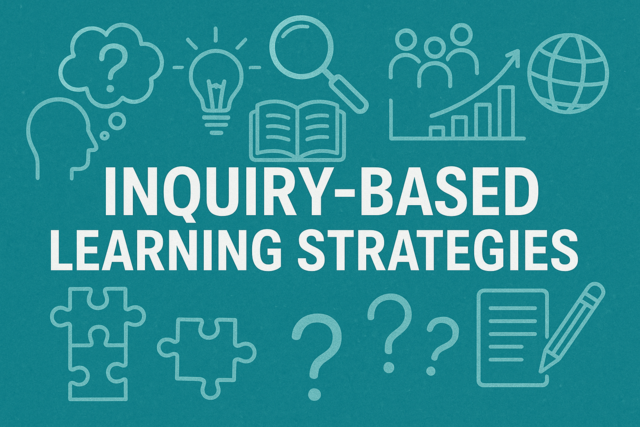Online Class: Ethical Decision-Making for Educators

no certificate
with CEU Certificate*
-
15Lessons
-
22Exams &
Assignments -
7Hours
average time -
0.7CEUs
Course Description
Welcome to "Ethical Decision-Making for Educators," a groundbreaking course designed to transform how you perceive and navigate the intricate moral landscape of modern education. In a world where the boundaries of teaching and learning are constantly being redefined, educators today are tasked with profoundly more than just conveying knowledge; they are called to be the moral compasses guiding their students toward a future rooted in integrity, fairness, and respect.
Imagine the enormous impact you can have as not only a transmitter of knowledge but as a beacon of ethical leadership. Picture a classroom where every decision you make resonates with sincerity and moral clarity, a place where every student feels seen, valued, and inspired to reach their fullest potential. "Ethical Decision-Making for Educators" is your key to achieving this vision, offering the wisdom and skills necessary to influence generations positively.
This isn't just another online course--it's a transformative journey tailored just for you, an educator committed to excellence. Here, you'll delve into ethical theories, not merely as abstract concepts but as living, breathing practices applicable to your daily teaching life. Learn from great minds like Socrates and John Dewey, whose insights into character building and reflective practice will fortify your ability to foster an environment brimming with moral strength and empathy.
What sets this course apart? It's in the way you will learn to masterfully navigate the ever-present ethical dilemmas in education--each decision sculpted with the artful balance of personal convictions and the overarching ethos of your institution. You'll engage with real-world scenarios that challenge you, refine your skill set, and prepare you to handle conflicts of interest, navigate implicit biases with transparency, and ultimately cultivate a culture of inclusivity, equity, and relentless integrity within your educational sphere.
Consider the implications of your digital footprint in today's interconnected schooling environment. Here, you'll gain the tools to adeptly manage data privacy, ensuring that both your students' rights and intellectual property are guarded with the utmost respect. In mastering these modern necessities, you will not just keep pace with, but excel in, the digital age of education.
And what of the unseen biases, the implicit assumptions that hover over every classroom? In this course, prepare to uncover these invisible influences, embracing the challenging work of reflection that dismantles biases and reconstructs the classroom into a realm of fairness and opportunity for every voice. With the power of this knowledge, you'll be positioned to shift traditional narratives and create new paradigms of education.
At its core, this course teaches you the artistry of ethical reflection--a discipline that empowers you to continuously assess and evolve your teaching practices. You'll learn how to view each challenge not as an obstacle but as a stepping stone for growth, enriching both your personal and professional life. Embrace the teachings of transformative thinkers and integrate this reflective practice seamlessly into your routine, ensuring your adaptability and growth as an educator for years to come.
But here's the crowning jewel--through this educational odyssey, you will become not only a more competent decision-maker but also a compassionate leader who inspires trust, cultivates justice, and champions equity in all facets of education.
Joining "Ethical Decision-Making for Educators" means stepping into the future of education--a future where your leadership is marked not by authority alone, but by the profound ethical legacy you cultivate. Don't hesitate on this journey of transformation; the chance to make a meaningful difference in the world of education beckons.
Enroll today, take the first step in guiding your educational community with unparalleled ethical wisdom, and lay the foundation for a future where your students can dare to dream bigger, striving with integrity and excellence. With this course, you lay claim to your role as a pioneering force of ethical education. Seize the moment. Your journey of impact and transformation begins now.
- Completely Online
- Self-Paced
- 6 Months to Complete
- 24/7 Availability
- Start Anytime
- PC & Mac Compatible
- Android & iOS Friendly
- Accredited CEUs

Course Lessons
Lesson 1. Guiding Lights in Learning: The Role of Ethical Theories
Ancient Greek philosophers like Socrates pioneered virtue ethics, promoting character cultivation and integrity through educational dialogues. Modern classrooms echo these principles through character education, fostering honesty, perseverance, and empathy in students.Lesson 2. Navigating the Ethical Terrain: Integrating Personal and Institutional Values
Exploring personal values allows teachers to balance personal beliefs with institutional ethics, enriching their teaching and modeling integrity for students. Experiences and reflective practices empower educators to handle ethical dilemmas, fostering inclusive and culturally sensitive classrooms.Lesson 3. The Ripple Effect: How Conflicts of Interest Impact Educational Integrity
Ethical awareness in education requires understanding how personal interests can conflict with professional responsibilities, potentially compromising educators' integrity and student welfare. Transparent policies and ethical training help identify and manage these conflicts, ensuring fair and unbiased decision-making for educational success.Lesson 4. Invisible Influences: Understanding the Impact of Implicit Bias in Educational Settings
Educators harbor implicit biases shaped by societal stereotypes, influencing their perceptions and disciplinary actions towards students. Creating an equitable classroom requires recognizing these biases and integrating diverse perspectives, thus challenging traditional narratives and promoting fairness.Lesson 5. Ethical Decision-Making in Schools Imbued with Trust
Confidentiality in education is vital for ethical decision-making, establishing trust, and ensuring student safety. Educators must balance legal guidelines like FERPA with personal ethics to protect students' information and foster supportive learning environments.Lesson 6. Empowering Educators: Navigating Data Privacy in the Age of Digital Learning
Understanding intellectual property rights (IPR) is crucial in digital education, balancing ethical respect for authorship with the sharing nature of online learning. Creative Commons licenses offer educators a pathway to responsibly use and distribute educational materials, fostering a culture of respect and innovation among students.Lesson 7. The Crucial Role of Ethics in Education
Navigating ethical dilemmas in education requires understanding diverse perspectives and integrating frameworks, such as intersectionality and cultural competence. By accounting for varied student backgrounds, educators ensure inclusive practices that respect and honor differences, promoting equitable learning experiences.Lesson 8. Balancing Ethics and Education: Fostering Responsible Citizenship
The essence of ethics in curriculum development lies in shaping an environment that prioritizes inclusivity, equity, and justice while respecting student privacy and fostering critical thinking. Educators are challenged to scrutinize content, pedagogy, and assessment methods to ensure they reflect and accommodate diverse learning needs and backgrounds.Lesson 9. Navigating the Complex Web of Educational Law: A Guide for Educators
Understanding intricate educational regulations, such as child welfare, credentialing, and digital safety, is an educator's responsibility to create a protected learning community. By adhering to legal standards and ethical practices, educators protect student rights and foster trust, enhancing the educational experience.Lesson 10. Embodying Ethical Values in Educational Settings
In the realm of modern education, ethical leadership illuminates the path, transforming complex challenges into opportunities for growth and respect. It focuses on actions embodying transparency, integrity, accountability, empathy, and equity, fostering an inclusive environment for students and educators._Lesson 11. Beyond Honesty: The Role of Integrity in Schools
Integrity in educational leadership involves active transparency and alignment of actions with words, building trust through honesty and fairness. Through consistent follow-through and equitable practices, educators create environments of open communication and unbiased assessment, supporting balanced decision-making and cultural inclusivity.Lesson 12. Moral Compass: Guiding Educators through Ethical Frameworks
By integrating ethical principles through continuous reflection, educators enhance their professional capabilities and support students in becoming ethically responsible individuals. The focus is on fostering a supportive classroom atmosphere through empathy, respect, and mutual understanding.Lesson 13. Embracing Moral Complexity: Educators as Ethical Leaders
Historical educational cases like Afrocentric curriculums and Brown v. Board of Education illustrate the application of ethical frameworks in resolving conflicts between inclusivity and existing practices. These examples help educators assess context and cultural considerations in their decision-making processes.Lesson 14. Cultivating Compassionate Classrooms
Incorporating empathy in education goes beyond acknowledging emotions; it involves understanding students' unique situations, leading to tailored support like academic help or counseling. An empathetic conversation can encourage students to share challenges, providing educators with insights to adjust expectations and resources for improved student well-being.Lesson 15. Deep Dive into Reflective Educational Practices
Reflective practice is crucial for educators to continuously improve and make ethical decisions, as it encourages critical evaluation of teaching experiences to shape future actions. Influenced by thinkers like John Dewey and Donald Schön, this practice integrates reflection both during and after teaching, enabling educators to adapt and refine their methods in real-time.
Learning Outcomes
- Analyze the role of deontological and utilitarian ethics in educational decision-making, evaluating their impact on fairness and learning outcomes within multicultural settings.
- Define the influence of virtue ethics in shaping educational practices by identifying key characteristics and describing their application in modern classrooms.
- Demonstrate an understanding of how cultural, familial, and personal experiences shape personal values and influence educational decision-making by providing examples from teaching scenarios.
- Identify and apply strategies to align personal values with institutional standards in educational settings, using specific examples to resolve potential ethical dilemmas.
- Define conflicts of interest within the education sector and identify their impact on ethical decision-making and educational integrity.
- Demonstrate effective strategies to manage personal biases and conflicts of interest among educators to foster an equitable and trustworthy learning environment.
- Design an instructional strategy with diverse and inclusive curriculum elements to actively address implicit biases and promote equity in the classroom.
- Identify and explain implicit bias and its potential impact on student achievement and teacher-student interactions in educational settings.
- Demonstrate the ability to apply legal frameworks, such as FERPA, when handling student information, ensuring compliance while balancing ethical considerations and cultural sensitivities.
- Define the ethical and legal distinctions between transparency and confidentiality in education, and describe their impact on student trust and educator decision-making.
- Define the principles of informed consent in digital learning, explaining their importance in safeguarding student data privacy.
- Demonstrate techniques for implementing data minimization strategies that reduce the risk of sensitive information exposure in digital education environments.
- Recognize and apply different ethical frameworks such as consequentialism, deontological ethics, and virtue ethics to evaluate educational dilemmas and make informed decisions.
- Demonstrate mastery of lesson content at levels of 70% or higher.
Additional Course Information

- Document Your Lifelong Learning Achievements
- Earn an Official Certificate Documenting Course Hours and CEUs
- Verify Your Certificate with a Unique Serial Number Online
- View and Share Your Certificate Online or Download/Print as PDF
- Display Your Certificate on Your Resume and Promote Your Achievements Using Social Media

Choose Your Subscription Plan
No Certificate / No CEUs
This course only
| Includes certificate | X |
| Includes CEUs | X |
| Self-paced |

|
| Instructor support |

|
| Time to complete | 6 months |
| No. of courses | 1 course |
Certificate & CEUs
This course only
| Includes certificate |

|
| Includes CEUs |

|
| Self-paced |

|
| Instructor support |

|
| Time to complete | 6 months |
| No. of courses | 1 course |
Certificates & CEUs
Includes all 600+ courses
| Includes certificate |

|
| Includes CEUs |

|
| Self-paced |

|
| Instructor support |

|
| Time to complete | 12 Months |
| No. of courses | 600+ |
Certificates & CEUs
Includes all 600+ courses
| Includes certificate |

|
| Includes CEUs |

|
| Self-paced |

|
| Instructor support |

|
| Time to complete | 24 Months |
| No. of courses | 600+ |
Related Courses
-
 4 hours
0.4 CEUs
Embracing Change: Adapting Family Roles Over Time
+ More Info
4 hours
0.4 CEUs
Embracing Change: Adapting Family Roles Over Time
+ More Info
-
 5 hours
0.5 CEUs
Family Dynamics and Trauma: Unraveling the Impact on Relationships
+ More Info
5 hours
0.5 CEUs
Family Dynamics and Trauma: Unraveling the Impact on Relationships
+ More Info
-
 6 hours
0.6 CEUs
Classroom Management for New Teachers
+ More Info
6 hours
0.6 CEUs
Classroom Management for New Teachers
+ More Info
-
 4 hours
0.4 CEUs
Basic Household Maintenance Skills
+ More Info
4 hours
0.4 CEUs
Basic Household Maintenance Skills
+ More Info
-
 7 hours
0.7 CEUs
Self-Care and Wellness Practices
+ More Info
7 hours
0.7 CEUs
Self-Care and Wellness Practices
+ More Info
-
 3 hours
0.3 CEUs
Family Dynamics Decoded: Understanding & Improving Interactions
+ More Info
3 hours
0.3 CEUs
Family Dynamics Decoded: Understanding & Improving Interactions
+ More Info
-
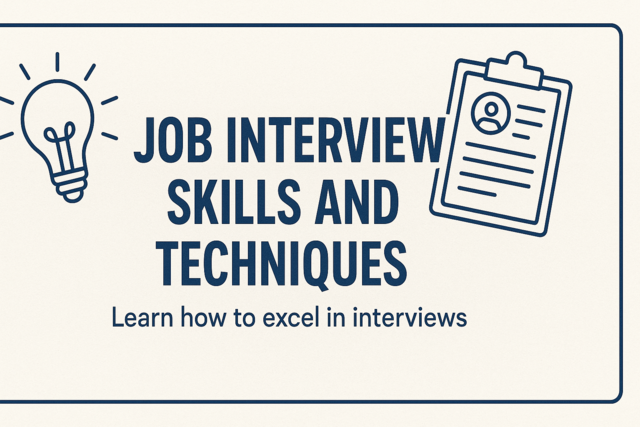 4 hours
0.4 CEUs
Job Interview Skills and Techniques
+ More Info
4 hours
0.4 CEUs
Job Interview Skills and Techniques
+ More Info
-
 4 hours
0.4 CEUs
The Giving Relationship: Balancing Support and Independence
+ More Info
4 hours
0.4 CEUs
The Giving Relationship: Balancing Support and Independence
+ More Info
-
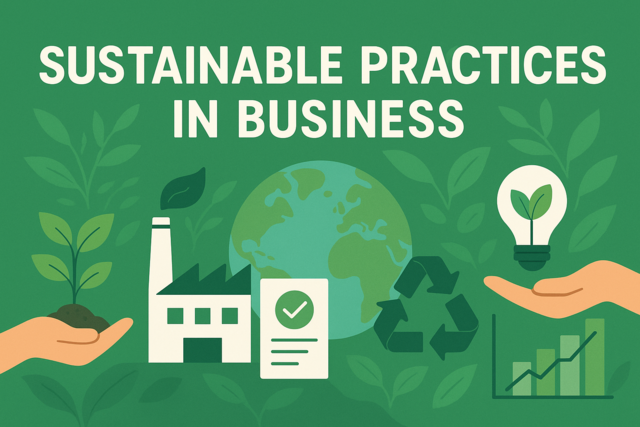 6 hours
0.6 CEUs
Sustainable Practices in Business
+ More Info
6 hours
0.6 CEUs
Sustainable Practices in Business
+ More Info
-
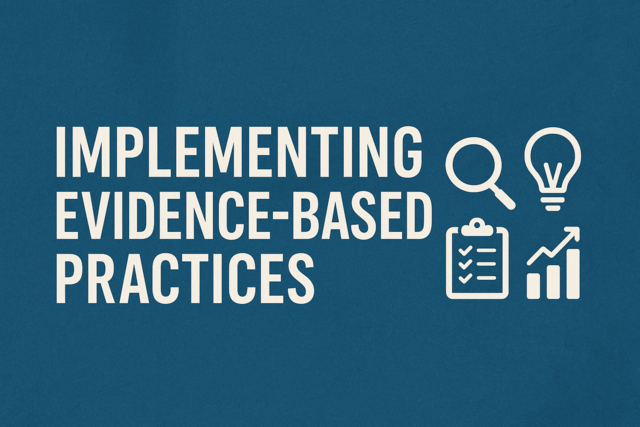 5 hours
0.5 CEUs
Implementing Evidence-Based Practices
+ More Info
5 hours
0.5 CEUs
Implementing Evidence-Based Practices
+ More Info
-
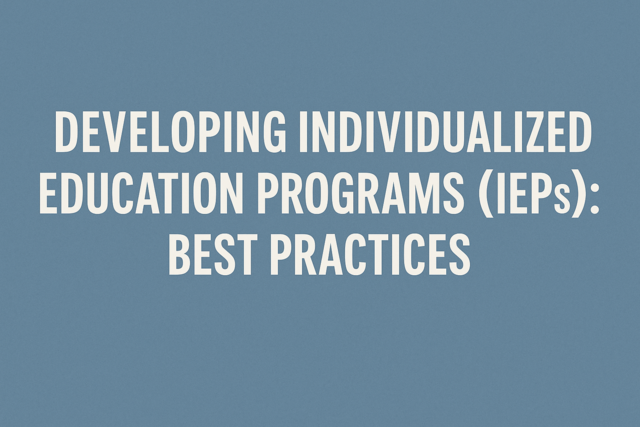 4 hours
0.4 CEUs
Developing Individualized Education Programs (IEPs): Best Practices
+ More Info
4 hours
0.4 CEUs
Developing Individualized Education Programs (IEPs): Best Practices
+ More Info
-
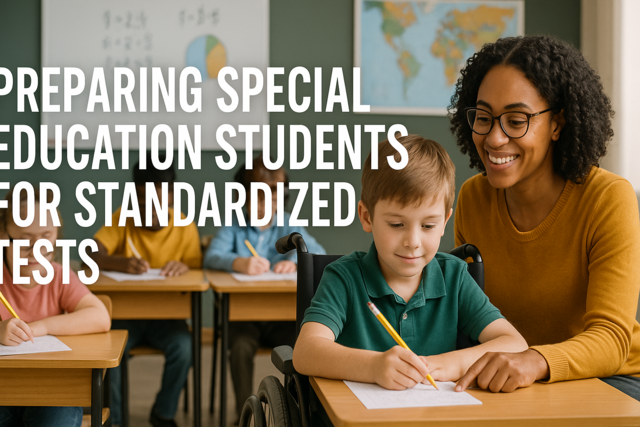 3 hours
0.3 CEUs
Preparing Special Education Students for Standardized Tests
+ More Info
3 hours
0.3 CEUs
Preparing Special Education Students for Standardized Tests
+ More Info
-
 3 hours
0.3 CEUs
Essentials of Contract Negotiation
+ More Info
3 hours
0.3 CEUs
Essentials of Contract Negotiation
+ More Info
-
 6 hours
0.6 CEUs
Numerology and Life Path Analysis
+ More Info
6 hours
0.6 CEUs
Numerology and Life Path Analysis
+ More Info
-
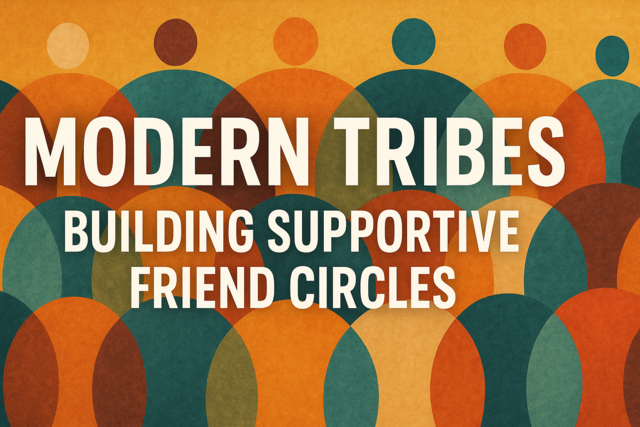 6 hours
0.6 CEUs
Modern Tribes: Building Supportive Friend Circles
+ More Info
6 hours
0.6 CEUs
Modern Tribes: Building Supportive Friend Circles
+ More Info
-
 4 hours
0.4 CEUs
Home Organization and Decluttering Techniques
+ More Info
4 hours
0.4 CEUs
Home Organization and Decluttering Techniques
+ More Info
-
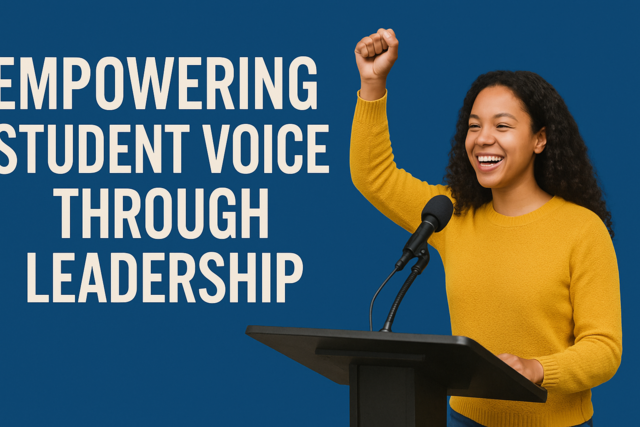 5 hours
0.5 CEUs
Empowering Student Voice through Leadership
+ More Info
5 hours
0.5 CEUs
Empowering Student Voice through Leadership
+ More Info
-
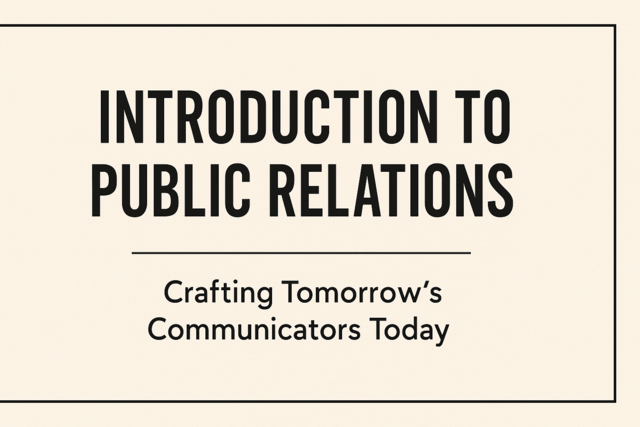 3 hours
0.3 CEUs
Introduction to Public Relations
+ More Info
3 hours
0.3 CEUs
Introduction to Public Relations
+ More Info
-
 5 hours
0.5 CEUs
Fostering a Positive Attitude
+ More Info
5 hours
0.5 CEUs
Fostering a Positive Attitude
+ More Info
-
 7 hours
0.7 CEUs
Haute Couture Chronicles: Inside the World of Luxury Brands
+ More Info
7 hours
0.7 CEUs
Haute Couture Chronicles: Inside the World of Luxury Brands
+ More Info
-
 3 hours
0.3 CEUs
Education Policy and Reform: Impact and Implications
+ More Info
3 hours
0.3 CEUs
Education Policy and Reform: Impact and Implications
+ More Info
-
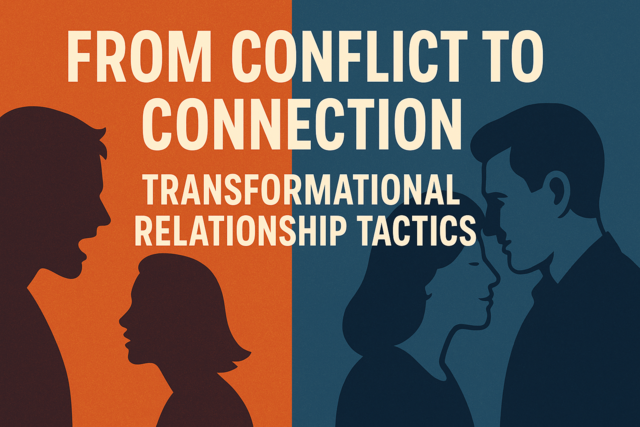 3 hours
0.3 CEUs
From Conflict to Connection: Transformational Relationship Tactics
+ More Info
3 hours
0.3 CEUs
From Conflict to Connection: Transformational Relationship Tactics
+ More Info
-
 5 hours
0.5 CEUs
Promoting Social Skills in Special Education
+ More Info
5 hours
0.5 CEUs
Promoting Social Skills in Special Education
+ More Info
-
 7 hours
0.7 CEUs
Classroom Design and Environment for Special Needs Students
+ More Info
7 hours
0.7 CEUs
Classroom Design and Environment for Special Needs Students
+ More Info
-
 6 hours
0.6 CEUs
Iconic Influence: Women's Wear in the Age of Luxury
+ More Info
6 hours
0.6 CEUs
Iconic Influence: Women's Wear in the Age of Luxury
+ More Info
-
 5 hours
0.5 CEUs
Boosting Productivity with Effective Email Management
+ More Info
5 hours
0.5 CEUs
Boosting Productivity with Effective Email Management
+ More Info
-
 5 hours
0.5 CEUs
Emotional Intelligence in the Workplace
+ More Info
5 hours
0.5 CEUs
Emotional Intelligence in the Workplace
+ More Info
-
 6 hours
0.6 CEUs
The Art of Emotional Intelligence: Building Stronger Connections
+ More Info
6 hours
0.6 CEUs
The Art of Emotional Intelligence: Building Stronger Connections
+ More Info
-
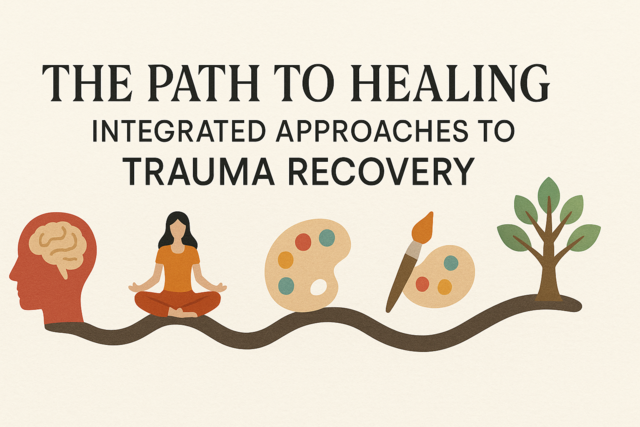 5 hours
0.5 CEUs
The Path to Healing: Integrated Approaches to Trauma Recovery
+ More Info
5 hours
0.5 CEUs
The Path to Healing: Integrated Approaches to Trauma Recovery
+ More Info
-
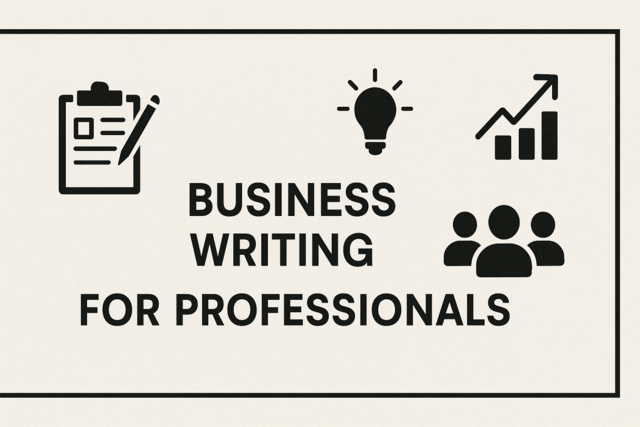 4 hours
0.4 CEUs
Business Writing for Professionals
+ More Info
4 hours
0.4 CEUs
Business Writing for Professionals
+ More Info
-
 3 hours
0.3 CEUs
Self-Regulation Strategies for Students with Disabilities
+ More Info
3 hours
0.3 CEUs
Self-Regulation Strategies for Students with Disabilities
+ More Info
-
 7 hours
0.7 CEUs
Healthy Sleep Habits and Their Importance
+ More Info
7 hours
0.7 CEUs
Healthy Sleep Habits and Their Importance
+ More Info
-
 5 hours
0.5 CEUs
Bridging Generational Gaps: Understanding Family Dynamics
+ More Info
5 hours
0.5 CEUs
Bridging Generational Gaps: Understanding Family Dynamics
+ More Info
-
 6 hours
0.6 CEUs
Healing from Narcissism: Paths to Recovery and Healthy Dynamics
+ More Info
6 hours
0.6 CEUs
Healing from Narcissism: Paths to Recovery and Healthy Dynamics
+ More Info
-
 4 hours
0.4 CEUs
Preparing for a Career Change
+ More Info
4 hours
0.4 CEUs
Preparing for a Career Change
+ More Info
-
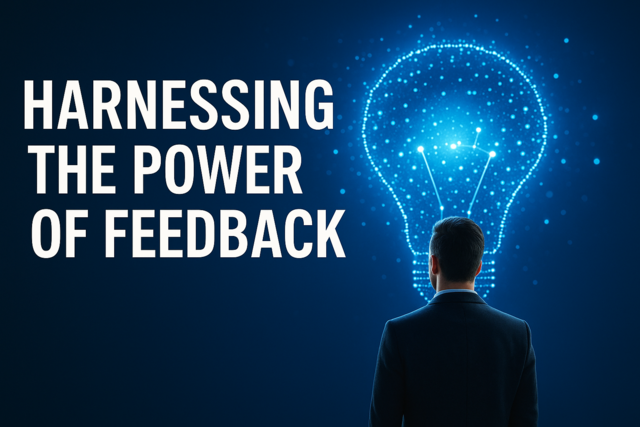 5 hours
0.5 CEUs
Harnessing the Power of Feedback
+ More Info
5 hours
0.5 CEUs
Harnessing the Power of Feedback
+ More Info
-
 3 hours
0.3 CEUs
Agile and Scrum Fundamentals
+ More Info
3 hours
0.3 CEUs
Agile and Scrum Fundamentals
+ More Info
-
 3 hours
0.3 CEUs
Preparing Students for Careers of the Future
+ More Info
3 hours
0.3 CEUs
Preparing Students for Careers of the Future
+ More Info
-
 5 hours
0.5 CEUs
Childhood Trauma: Long-term Effects and Interventions
+ More Info
5 hours
0.5 CEUs
Childhood Trauma: Long-term Effects and Interventions
+ More Info
-
 5 hours
0.5 CEUs
Footprint of Fashion: Trends Shaping Modern Luxury Brands
+ More Info
5 hours
0.5 CEUs
Footprint of Fashion: Trends Shaping Modern Luxury Brands
+ More Info


